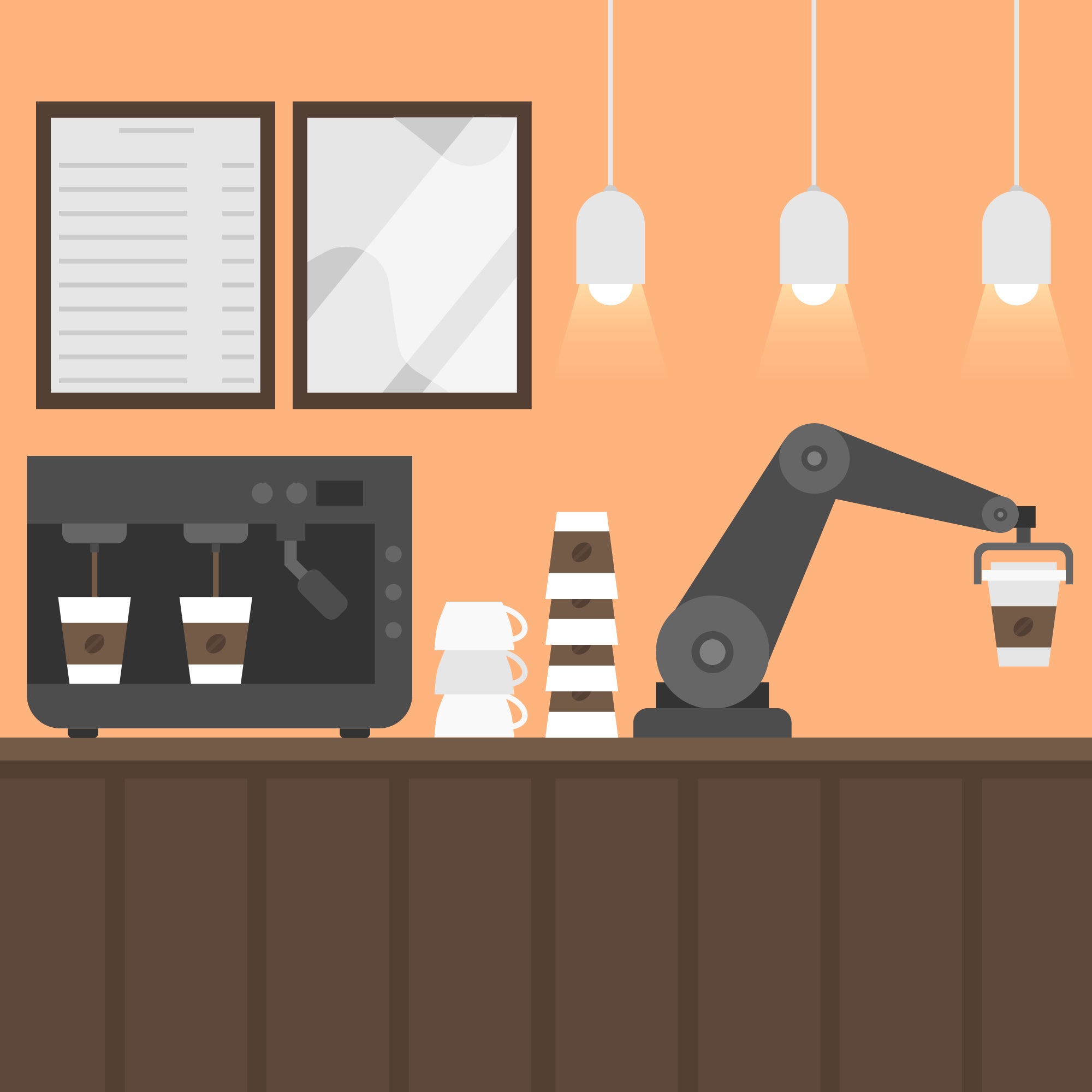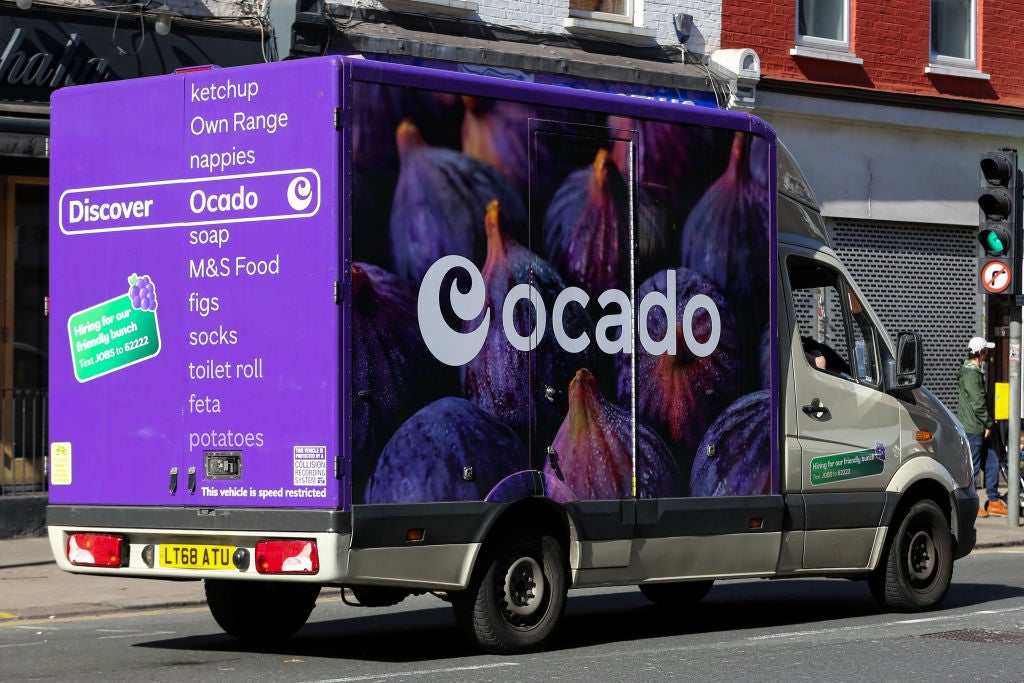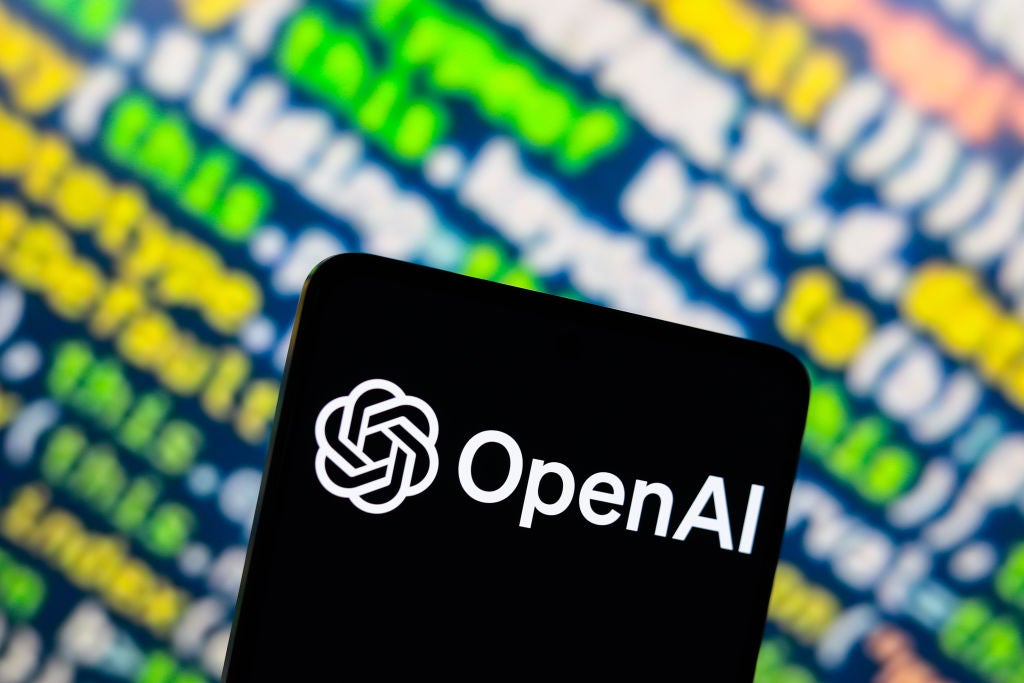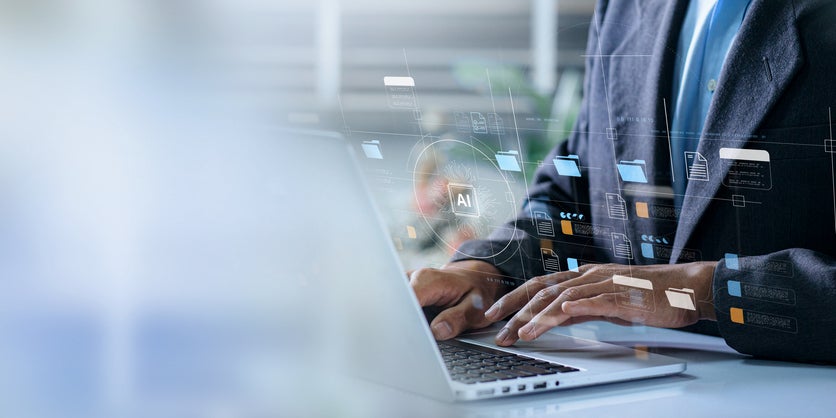
OrionStar, a subsidiary of Chinese tech company Cheetah Mobile, has launched a humanoid robot coffee maker that could play a role in the Covid-era hospitality industry.
According to the company, the robot is the result of 3,000 hours of AI learning and 30,000 hours of robotic arm testing and can carry out “complex brewing techniques”, including grinding coffee beans, pouring and serving coffee.
It is capable of brewing a pour-over coffee every three minutes, and is able to function 24/7, making it suitable for environments with a large volume of customers, such as airports and business districts.
The robot is designed to provide a way of buying coffee that involves zero human contact to “fit into new social norms”. According to Cheetah Mobile it can also be adapted as the food and beverage industry evolves.
The coffee robot has a depth camera to monitor beverage production and safety, a robotic arm to carry out precise brewing techniques as well as a mechanical grip to hold coffee cups.
How well do you really know your competitors?
Access the most comprehensive Company Profiles on the market, powered by GlobalData. Save hours of research. Gain competitive edge.

Thank you!
Your download email will arrive shortly
Not ready to buy yet? Download a free sample
We are confident about the unique quality of our Company Profiles. However, we want you to make the most beneficial decision for your business, so we offer a free sample that you can download by submitting the below form
By GlobalDataThe Covid-19 pandemic has accelerated interest in robotic hospitality solutions, and this could see robot baristas becoming an increasingly common sight as those in the industry look for new ways of ensuring the safety of employees and customers. Earlier this year, a coffee-making robot was deployed in a cafe in a Daejeon, South Korea, with the robot capable of making coffee and also delivering it to customers’ tables.
A restaurant in The Netherlands has deployed a concierge robot that takes customers’ temperatures, leads them to their table while another robot brings them their food.
Of course, fears of the impact on human jobs, especially at a time when the hospitality and food service industries are facing unprecedented challenges, are likely. However, OrionStar vice president Liang Su said that it could see human baristas take on other roles:
“Our AI-driven Robotic Coffee Master can free human baristas and nutritionists from repetitive labour. While ensuring quality consistency with every drink, it allows the baristas and nutritionists to focus on educating the customers on health and well-being, and creating new drinks.”
It is also possible that in the future food service robots could play a key role in environments where rapid service is a priority, with human servers offering a more bespoke service.
Cheetah Mobile has deployed over 11,000 AI-driven service robots, including the Cheetah GreetBot that can assist customers while shopping and two delivery robot models.
Read More: Coronavirus and hospitality: Robotics startup Karakuri navigates “tough times for restaurants”.







